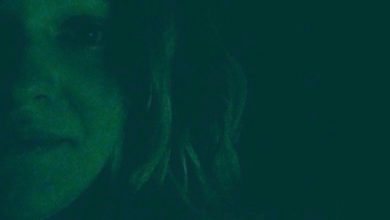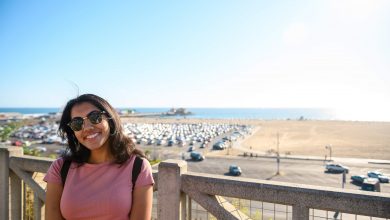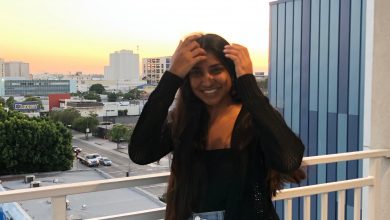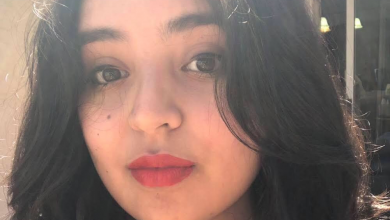Featured UCLA Feminist: Karin Chan
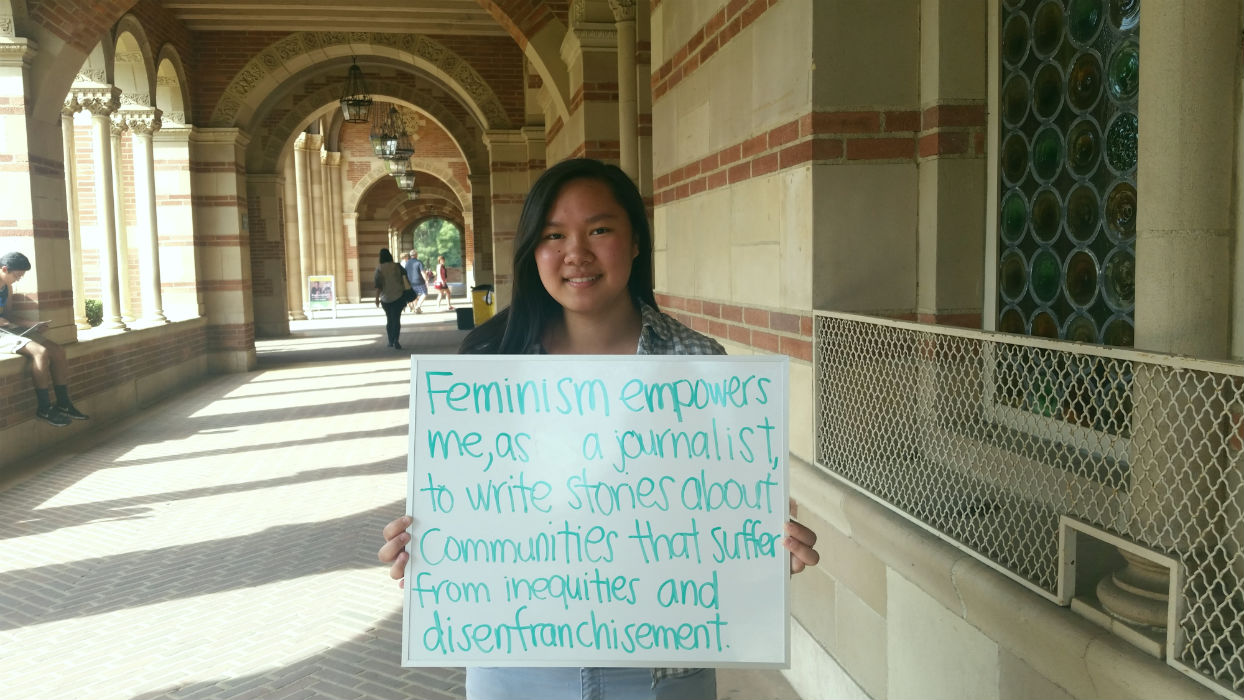
Photo by Vivian Giang.
“Feminism allows me to decolonize myself and be who I really am.”
To Karin Chan, a fourth-year student majoring in Communication Studies and Psychology, feminism means fighting for justice “without the expense of oppressing another group in the process.”
Although she didn’t identify as a feminist until coming to UCLA, Karin’s interest in women’s rights started early. While looking through old class journals this past summer, she found one where she wrote about her history class, “I like learning about women having more rights.”
Karin believes that her younger self only had a surface level understanding of feminism, but was making a step in the right direction by realizing that women were lacking certain rights.
During her first year at UCLA, Karin began to thinking critically about her experience as an Asian-American woman. She explains, “I was fed up with the sexism that infiltrated my personal life and mainstream media, but I didn’t know how to express these feelings.” The hypersexualization of Asian women was particularly frustrating, prompting Karin to work with a friend to create a Facebook group, “Not Your Suzie Wong,” and have a safe space for Asian-American women to discuss their experiences and identities.
As a student leader, activist, and journalist, Karin is adamant about helping marginalized communities. Particularly as the editor-in-chief of Pacific Ties, Karin aims “to keep institutions such as the government and UCLA accountable for their actions.”
Karin’s work as a resident assistant has a feminist approach, too. Specifically, she says, “Feminism informs me of how I can better respond to situations, such as sexual harassment and resident conflicts.”
As feminism grows more recognized outside of academic circles, Karin has an optimistic outlook on the future. She hopes that feminism can become more inclusive, critical, and accessible. Importantly, she also hopes for social justice education to start earlier.
“I didn’t become conscious until I came to college, she says. “For half my life, I thought that the only way to be a person was to assimilate and be as ‘white’ as possible. But feminism makes me feel like I have agency.”

